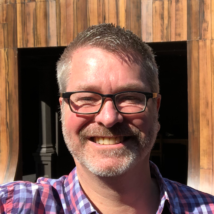
Bryn Nelson is a Seattle, Wash.-based writer with an avid interest in biology, biomedicine, ecology, green technology and unusual travel destinations. After receiving his Ph.D. in microbiology from the University of Washington, he shifted course to become a writer. He has since written for more than 30 publications, including Science News for Students, The New York Times, Newsday and Discover. Bryn has contributed to books about science writing, the natural world and the art and science of cooking. In his spare time he enjoys photography, singing and playing with his energetic boxador dog, Piper.

All Stories by Bryn Nelson
-
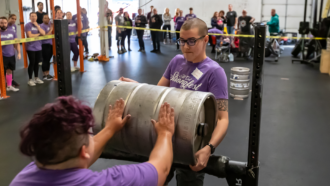 Earth
EarthWeight lifting is this planetary scientist’s pastime
Beck Strauss uses magnetic fields to explore the makeup of Earth and other planets.
-
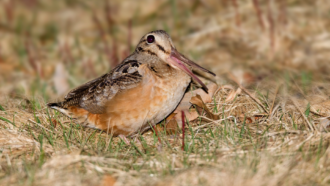 Animals
AnimalsHow an encounter with this odd-looking bird inspired a career
Kevin Burgio overcame many hardships to become a scientist. Now he studies how animals like the Carolina parakeet and Tasmanian tiger went extinct.
-
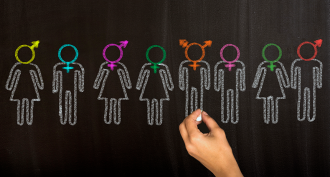 Science & Society
Science & SocietyProud to be different in STEM
Scientists and engineers who identify as lesbian, gay, bisexual and queer are facing ongoing challenges but finding their way.
-
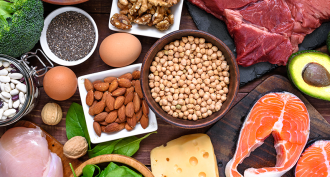 Health & Medicine
Health & MedicineExplainer: What are proteins?
In the body, proteins act as biochemical machines to carry out the work of cells.
-
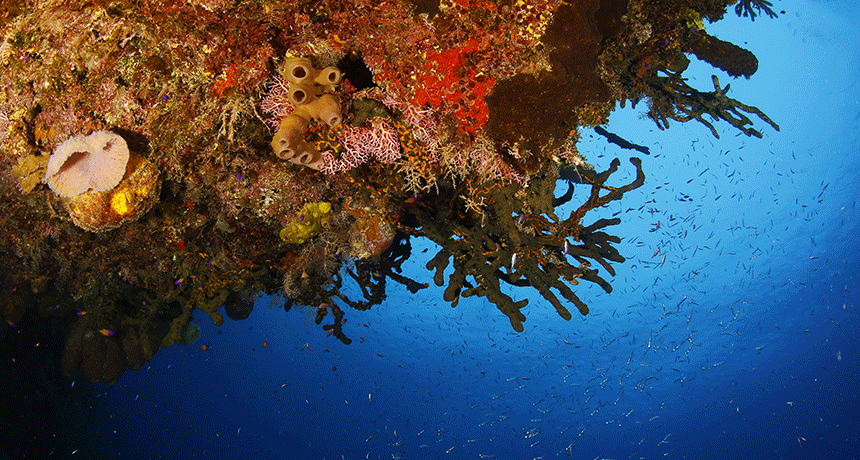 Ecosystems
EcosystemsExploring the mysteries of Cuba’s coral reefs
Researchers are studying the mysterious lives of creatures in and near Cuba’s coral reefs. What they learn could help protect ocean life globally.
-
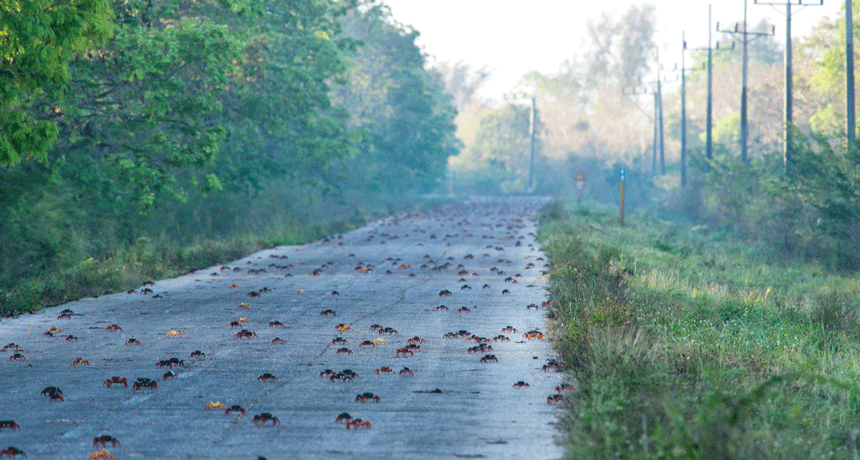 Ecosystems
EcosystemsMigrating crabs take their eggs to the sea
Cuba’s colorful land crabs connect swamp and sea with their yearly mass migrations. Protecting their routes can help other animals too.
-
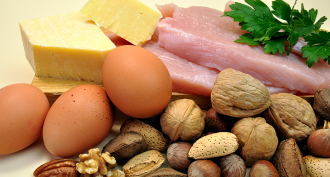 Life
LifeCool Jobs: Puzzling over proteins to study life and death
Scientists are using proteins to understand dinosaur family trees, to fight malnutrition with a peanut-butter mix in Africa and to make “Google maps” of human cells.
-
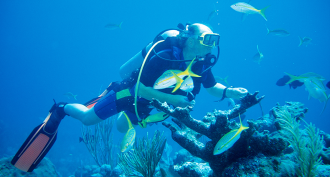 Science & Society
Science & SocietyCuba: How politics has become a hurdle for its researchers
Scientists in Cuba face difficulties getting equipment and publishing results due to a U.S.-imposed trade embargo on their country.
-
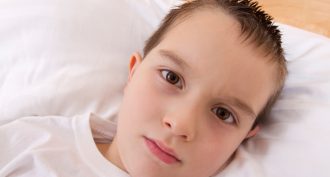 Brain
BrainUnderstanding Autism
Genetics appears to play some role in this disorder, which affects more than one percent of all Americans.
-
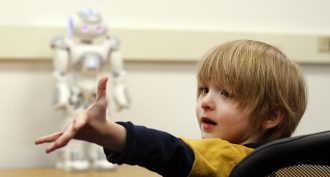 Brain
BrainGetting a head start on autism
Early diagnosis followed by early treatment may reduce autism’s impact on kids — and help them to communicate better.
-
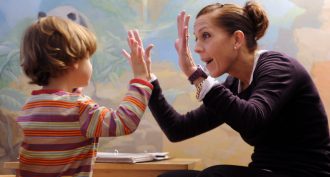 Brain
BrainAutism unlocked
Experts are learning how to diagnose this brain disorder in infancy. That may be early enough to allow nerve cells in the brain to develop new connections — ones that form detours around autism-affected areas.
-
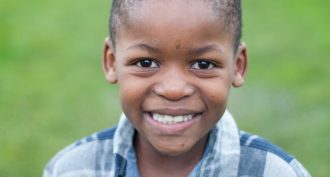 Health & Medicine
Health & MedicineHIV: Reversing a death sentence
New research suggests the infection, while serious, can be treated — and maybe cured.